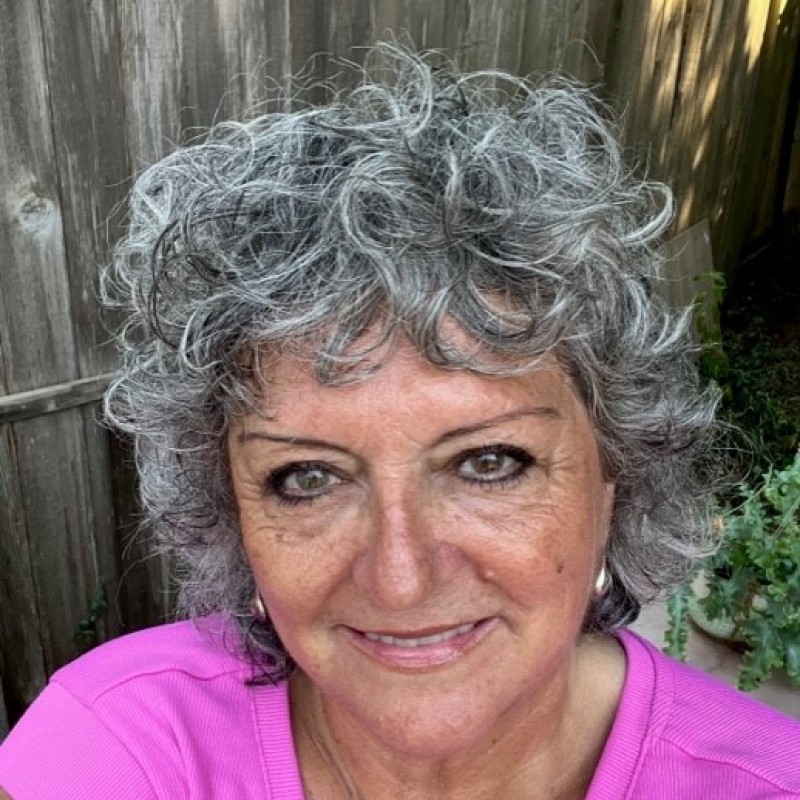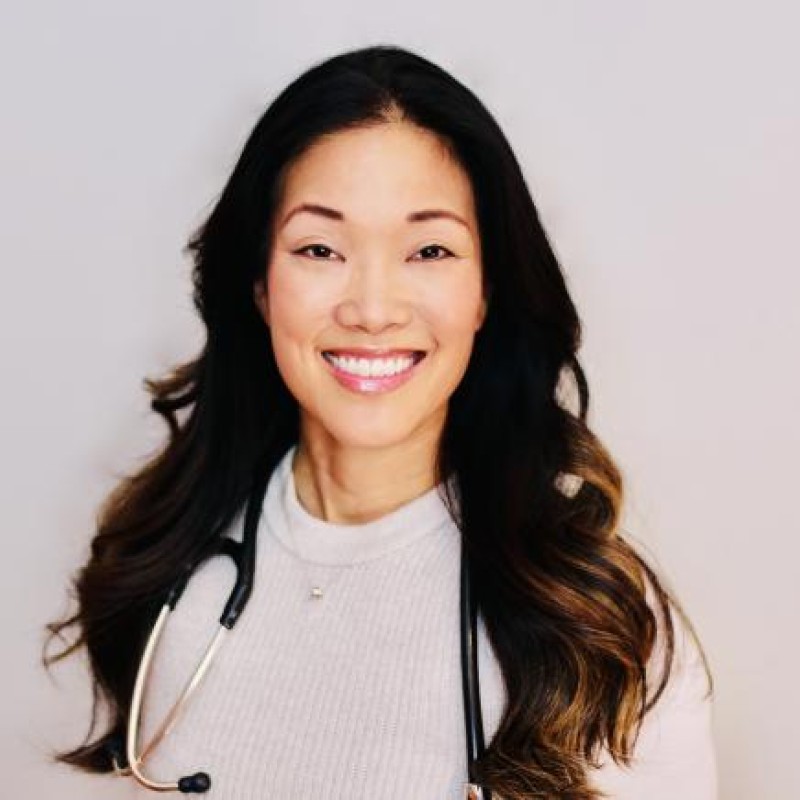Where You Are | S4 E10 | May 24, 2023
When it comes to supporting children and youth through trauma there are things that parents can do to help. In this episode our hosts are joined by Lynne, a parent and grandparent who shares her personal story of navigating trauma within her family and Dr. Uyeda, family physician with expertise in neuroscience, trauma, and attachment. Together they discuss:
- what trauma is, how it can show up for kids, and its impact on mental health
- the impact of trauma across generations
- how parents and caregivers can talk to their child about these experiences; and
- what parents can do to support their child at home
Note: For some of us, the topic of trauma can be challenging and heavy. As you listen to this episode, please take stock of how you're feeling. If you need to take a break, come back a little later, or need to reach out to your supports, please do so. As we discuss with this topic, taking care of yourself is extremely important.





